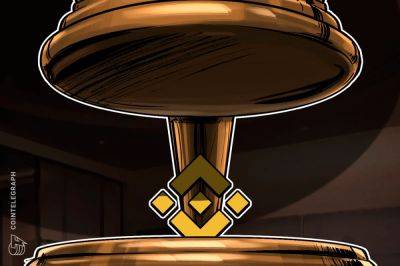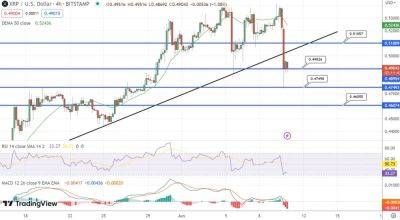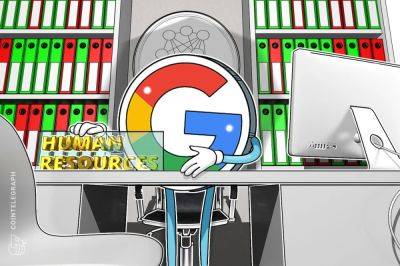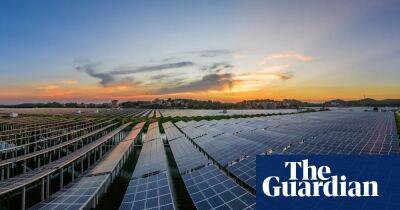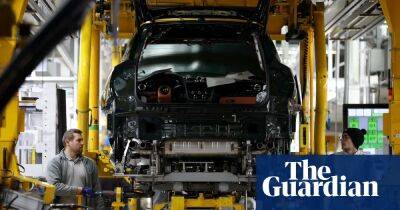The UK has a PR plan masquerading as an industrial strategy
Countries that are serious about manufacturing have industrial strategies. The US and China have one. So do Germany and France.
Britain does not have an industrial strategy. Rishi Sunak talks about turning the UK into a “science and technology superpower” but that’s all it is: talk. It is a PR strategy masquerading as an industrial strategy.
Faced with the challenge presented by Joe Biden’s inflation reduction act (IRA), the government says it has no need to respond to the package of green subsidies being provided by Washington because Britain has already established a thriving renewables sector and the Americans are playing catch-up. The complacency is staggering.
Andy Haldane, once chief economist of the Bank of England and now chief executive of the Royal Society of Arts, had this to say last week. “The world is facing right now an arms race in re-industrialisation. And I think we’re at risk of falling behind in that arms race unless we give it the giddy up.”
China, Haldane added, has been focusing on green technology for many, many years and had forged ahead in tech such as solar and batteries. “The west has belatedly woken up. The IRA is throwing cash to the wall on that. The cost of that [is] almost certainly north of half a trillion dollars. Possibly north of a trillion. The EU is now playing catch-up, [and] the UK currently is not really in the race at any kind of scale.”
A quick glance at the latest trade figures shows that Britain has some way to go before it can be considered a manufacturing “superpower”. That was true once, but no longer. Manufacturing’s share of the economy shrunk from more than 30% to less than 10% of national output during Queen Elizabeth II’s reign. The goods deficit, which has not been in
Read more on theguardian.com






